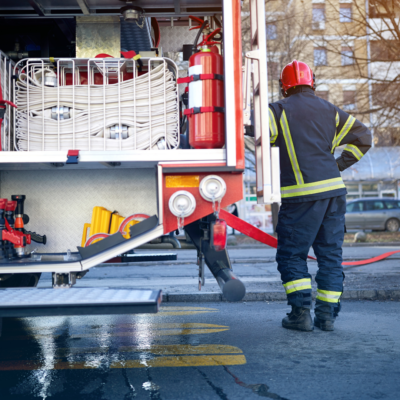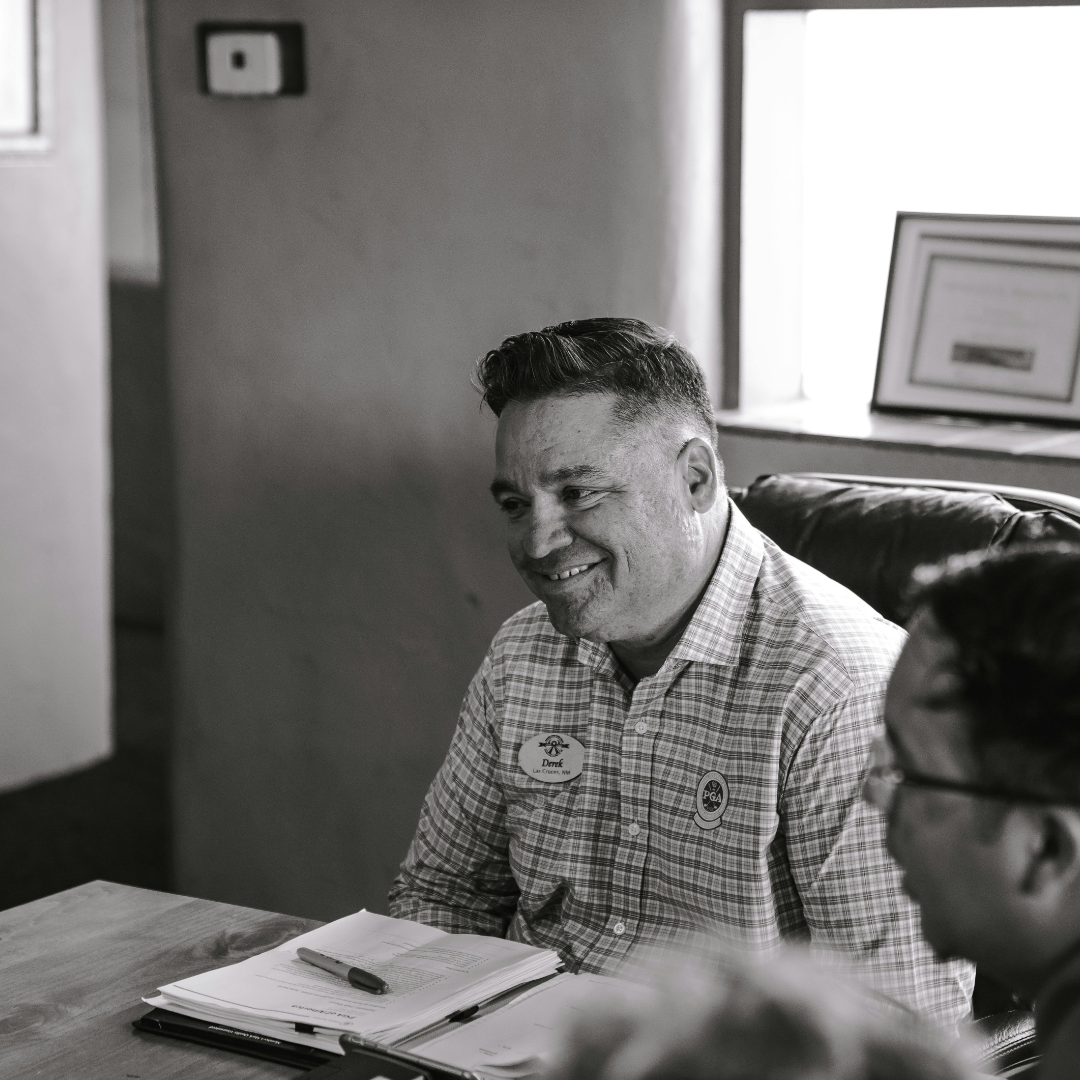The Urgent Need for First Responders to Get Help from PTSD

“We can all help prevent suicide. The National Suicide Prevention Lifeline provides 24/7, free and confidential support for people in distress, prevention and crisis resources for you or your loved ones, and best practices for professionals. Call 1-800-273-8255.”
Addiction does not discriminate and can happen to anyone. This includes people of all ages, races, and socioeconomic statuses. Addiction also happens to people who work in all professions. First responders are vulnerable to having PTSD, depression, and anxiety, which can lead to substance abuse, addiction, or suicide.
Tragically, shame and stigma surround mental health within professions that prioritize bravery and toughness. In an article by Elizabeth Fry, FOX13 News (2018) on the number of first responders who die by suicide, Clara Reynolds, CEO of the Crisis Center of Tampa Bay stated, “They see things that none of us really ever want to see or have to experience. So to know that they’re going from call to call to call that can really add up and take such a huge toll on them.”
According to the Ruderman Family Foundation, first responders are at higher risk of dying by suicide than in the line of duty. “In 2017, there were at least 103 firefighter suicides and 140 police officer suicides. In contrast, 93 firefighters and 129 police officers died in the line of duty.”
Substance use disorders and PTSD often coexist and can be treated as a dual diagnosis. People suffering from PTSD might have flashbacks and relive the event repeatedly. They may avoid certain places or people and can be easily startled and have angry outbursts.
Mental health is particularly important to study in the context of disasters, because often in tragic events, loved ones are lost suddenly, horrifically, and unexpectedly.
It can be difficult to ask for help, but you are not alone. If you or a loved one is suffering from a PTSD and a substance use disorder or addiction, get help now. PTSD and a co-occurring substance use disorder or addiction is treatable and recovery is possible. Make the life-saving decision to get help today.
Serenity Springs Recovery Center focuses on rejuvenating men’s holistic spirit for success in addiction recovery. Our unique dual-diagnosis treatment program with a 12-step completion model helps men change their lives inside and out. Our mission is to provide tools and support for every client’s seamless transition into a meaningful and fulfilling life in sobriety. For information, call (386) 423-4540




